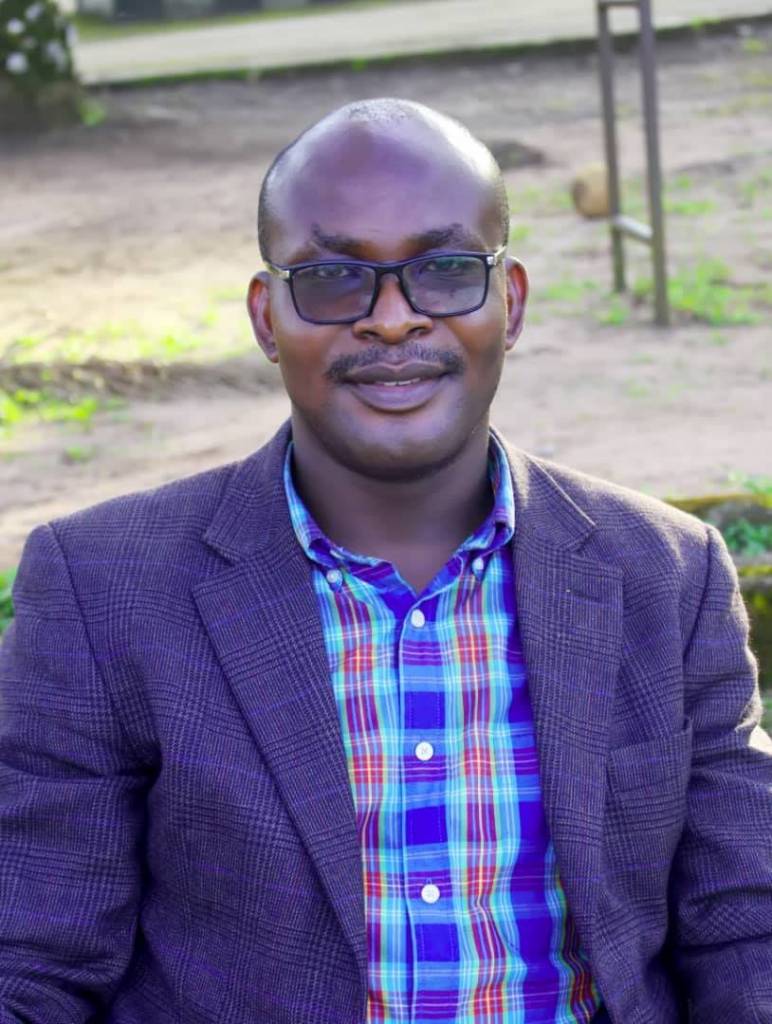THIRTY THIRD SUNDAY IN ORDINARY TIME YEAR A
First Reading: Proverbs 31:10-13, 19-20,30-31
Second Reading: 1 Thessalonians 5:1-6
Gospel: Matthew 25:14-30
We are all of us stewards of God’s gifts. During this last days of the liturgical year, the Church calls us to consider this eternal truth which has immediate relevance to our souls. St Paul tells us in the second reading today that the Lord will arrive without warning, like a thief in the night. No matter how prepared we may be, death comes to us by surprise. What Paul is emphasizing in this passage is the unknown character, the unexpected nature of the end of the world. He is basically reiterating Our Lord’s teaching in Matthew 24, that no one knows the hour when it will be. So, the unknown dimension of the Parousia has its foundation in the teaching of Jesus Christ.
Paul also uses the image of birth pangs that comes to a pregnant woman and she cannot escape it. These days, doctors give a pregnant woman the date she will be due. Yet, it does not remove the element of surprise. It can start when she is at the market place or anywhere. She still does not get to know the exact moment. Again, where does Paul get this from? Again, he is drawing from the same teaching of Jesus in Matthew 24. Jesus says, the coming of the Son of man will be like the days of Noah before the flood, people were eating and drinking, marrying and being given in marriage and they did not know until the flood came upon them and swept them away. In other words, the vast majority of people will be caught up unprepared and not ready. What a fearful thought, a thought that Paul thinks should keep us vigilant.
In the Gospel, Jesus presents us with the parable of the talents. A man was going on a journey. He gave talents to his three servants. He gave them according to their abilities. To the first he gave five talents. To the second, he gave two and gave one to the last. The English word talent has its origin from this parable, it was the Greco-Roman monetary unit. While the servant who received five talents and the one who received two traded with their talents and doubled their talents, the last who received only one talent did not invest his talent. He said to the master at his return and demand for account, I knew you to be a hard man, reaping where you did not sow. This man just insulted his master. He basically called him a thief. If you reap where you did not sow, it means you are a thief. His response is very interesting because it reveals to us some effects of sin. Sin distorts our concept of God. He thinks his master is a hard man, i.e. someone who is unforgiving, selfish and a thief. His response betrays fear and lack of trust for the master. He doesn’t want to please the master and give him reason to be happy by investing his talent.
In his fear, he takes the one talent and buries it on the ground. This servant has a twisted view of the master. At the heart of his response is how sin distorts our understanding of God. It makes us remember Genesis chapter 2 when Adam and Eve sinned. They became afraid of God and go to hide from God because their understanding of God was no longer a generous father who wants to give them everything but a hard man for whom they should be afraid, who wants to withhold the good things from them.
Each one of us has received one or more talents. If we bury them, they decay and will not produce anything, but if we put them to use, they will multiply. We must give account of the talents we have received. Let us contemplate on the various gifts the Lord has given us, and put them into a loving service of God and neighbor.
Happy Sunday

Fr. Chidi Onwuka msscc
